Our year-end coverage continues with a look at the best performances of the year. Rather than divide categories into supporting or lead, we’ve written about our thirty favorite performances from 2019, period. (A few more, if you add some groupings we couldn’t leave out.) Check out our countdown below and start watching the ones you’ve missed here.
30. Masahiro Higashide (Asako I & II)
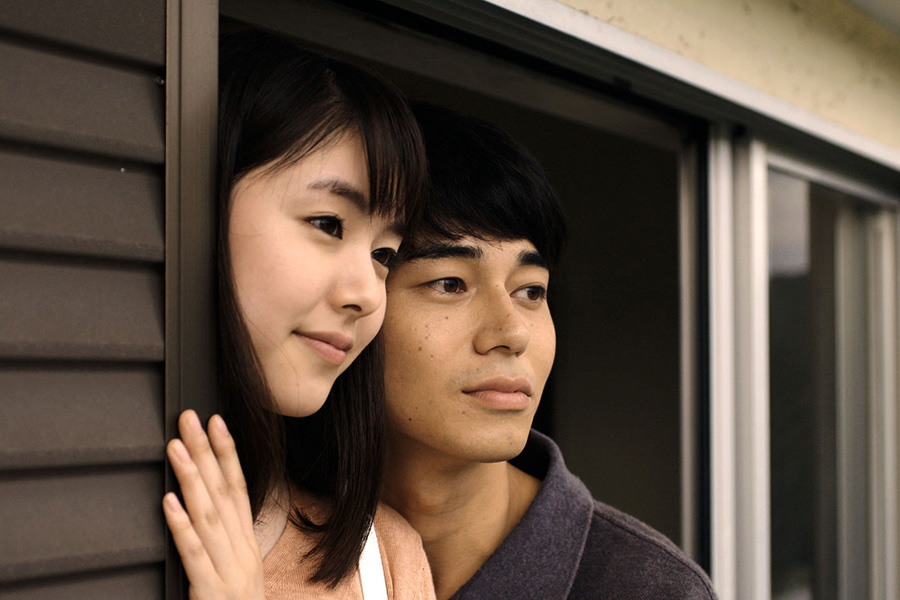
Japanese director Ryūsuke Hamaguchi followed up his five-hour drama Happy Hour with Asako I & II, an endlessly imaginative and playful riff on Vertigo as well as an adaptation of Tomoka Shibasak’s 2010 novel. Setting our perspective with Erika Karata as Asako Izumiya–a woman who gets entangled with a man who looks the same in two different periods of her life–the actress is excellent in the lead role. However, it’s Masahiro Higashide as the men in question, playing both Ryohei Maruko and Baku Torii, that vibes perfectly with the mysterious, enigmatic vibe the director is exploring here. As the web of intrigue grows deeper, and the emotion rises higher, it’s Higashide who keeps us on our toes and hopefully we’ll be seeing much more of him in the years to come. – Jordan R.
29. Shia LaBeouf (Honey Boy)
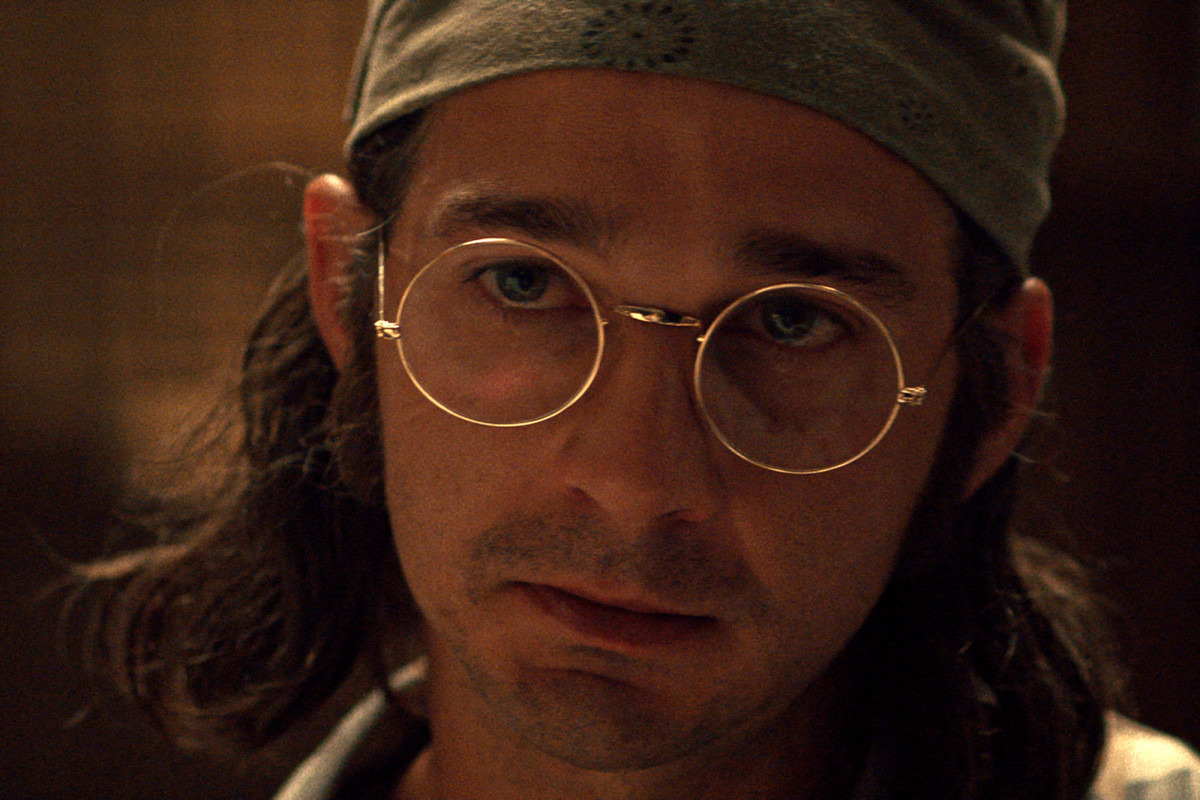
Written by Shia LaBeouf, Honey Boy could have easily been a satire of his much-publicized last decade, with his headline-making performance act and legal troubles. To the film’s benefit, LaBeouf and director Alma Har’el rather go much more in-depth (and farther back), taking a deep-rooted look into the actor’s traumatic childhood. Not only writing the script, LaBeouf takes things to an overtly meta level by playing a version of his father, a balding, womanizing Vietnam War veteran who takes out his many personal demons on his son through verbal and physical abuse. From insults about his “Jew riblet penis” to actually slapping him, James believes he’s building Otis up with strength. As he lashes out and prods his son for needless reasons, LaBeouf so consumes the nuances of the role that it feels like he’s been waiting his whole adult life for the right time to go through the cathartic experience of making the film. – Jordan R.
28. Adam Driver and Scarlett Johansson (Marriage Story)
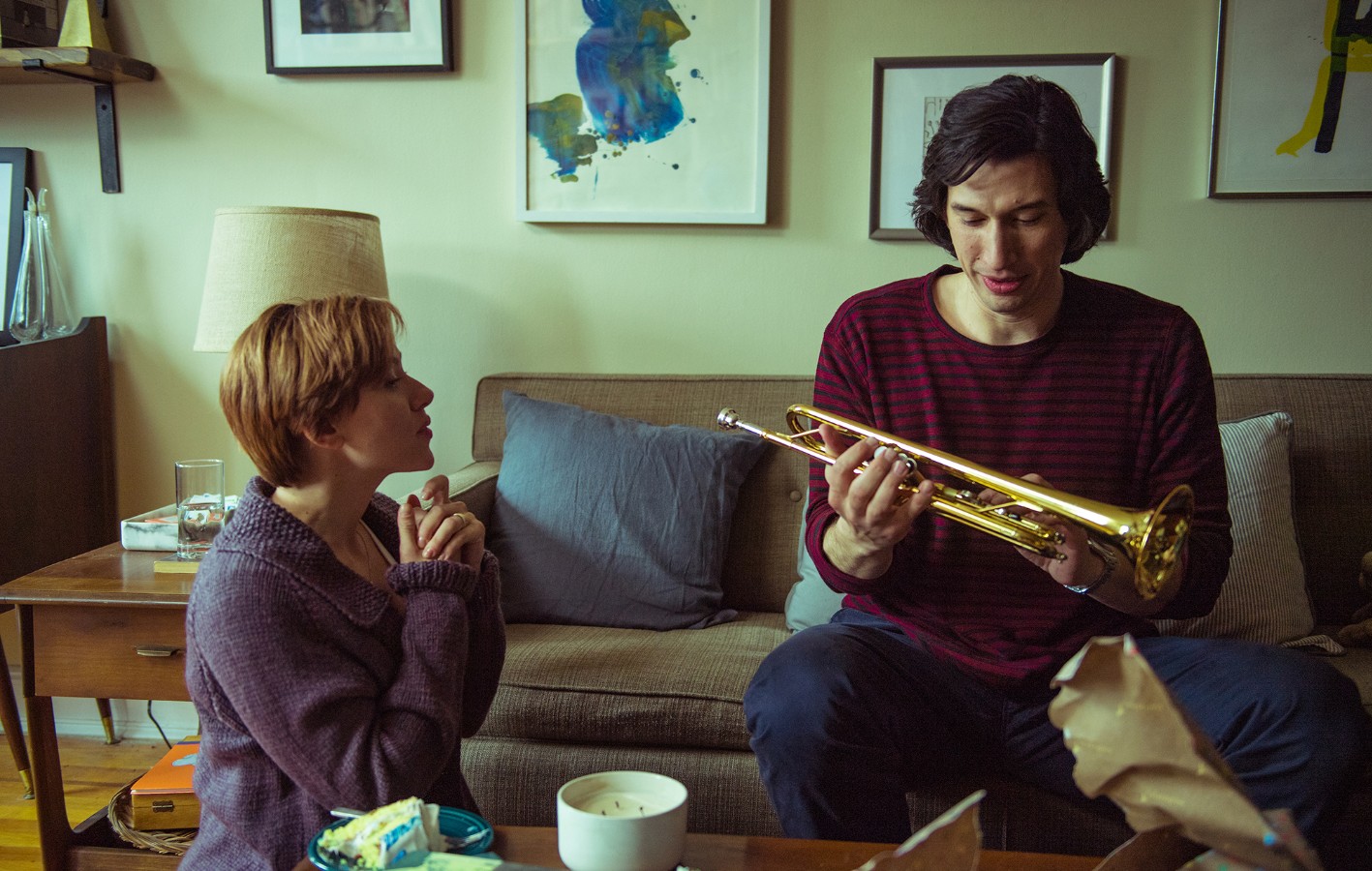
Leave the rancid and bilious diatribes to rot in the Twitterverse they belong to: even as it may frame Nicole and Charlie’s divorce through the man’s perspective, Noah Baumbach’s Marriage Story does not pick sides, and a stellar script–possibly the finest the writer-director has penned to date–allows Driver and Johansson ample chances to channel force and vulnerability into their parts. There is a whole film in the monologue she delivers to Laura Dern’s lawyer early on, and in that muttered truth: “It’s not as simple as not being in love anymore.” And there’s a whole other one in that heart-wrenching rendition of “Being Alive” Driver sings to his friends and colleagues at a karaoke bar. But it’s when Baumbach brings Driver and Johansson together that Marriage Story feels most devastating–as in that fight scene–where a vitriolic altercation defaults to an embrace that doubles as an inevitable goodbye. – Leonardo G.
27. Joshua Burge (Relaxer)

In a performance that rivals any one-man act from Tom Hanks (Castaway) or Ryan Reynolds (Buried), Joshua Burge’s unusual screen presence as Abbie–a gamer who doesn’t leave his couch until the apocalypse–holds Joel Potrykus’ delightfully twisted Relaxer together. As he’s proven before with the director, their ongoing collaboration is one of indie cinema’s most fruitful and strange partnerships. – John F.
26. Rhianne Barreto (Share)

The aftermath of a sexual assault—the cell phone footage of which goes viral—is the subject of Share, writer-director Pippa Bianco’s debut feature film that deftly mines morose, intelligent drama from its entirely real scenario. Waking up on her front lawn, high school student Mandy (Rhianne Barreto) isn’t sure what went down after last night’s party, but she’s about to find out through alarming ways. Barreto’s breakthrough performance is unimpeachable, holding in a torrent of emotions while feeling lost in a sea of lies amidst an already confusing environment (high school). This restraint is similarly found in both Bianco’s sensitive script and mature, measured direction. – Jake H.
25. Mark Ruffalo (Dark Waters)
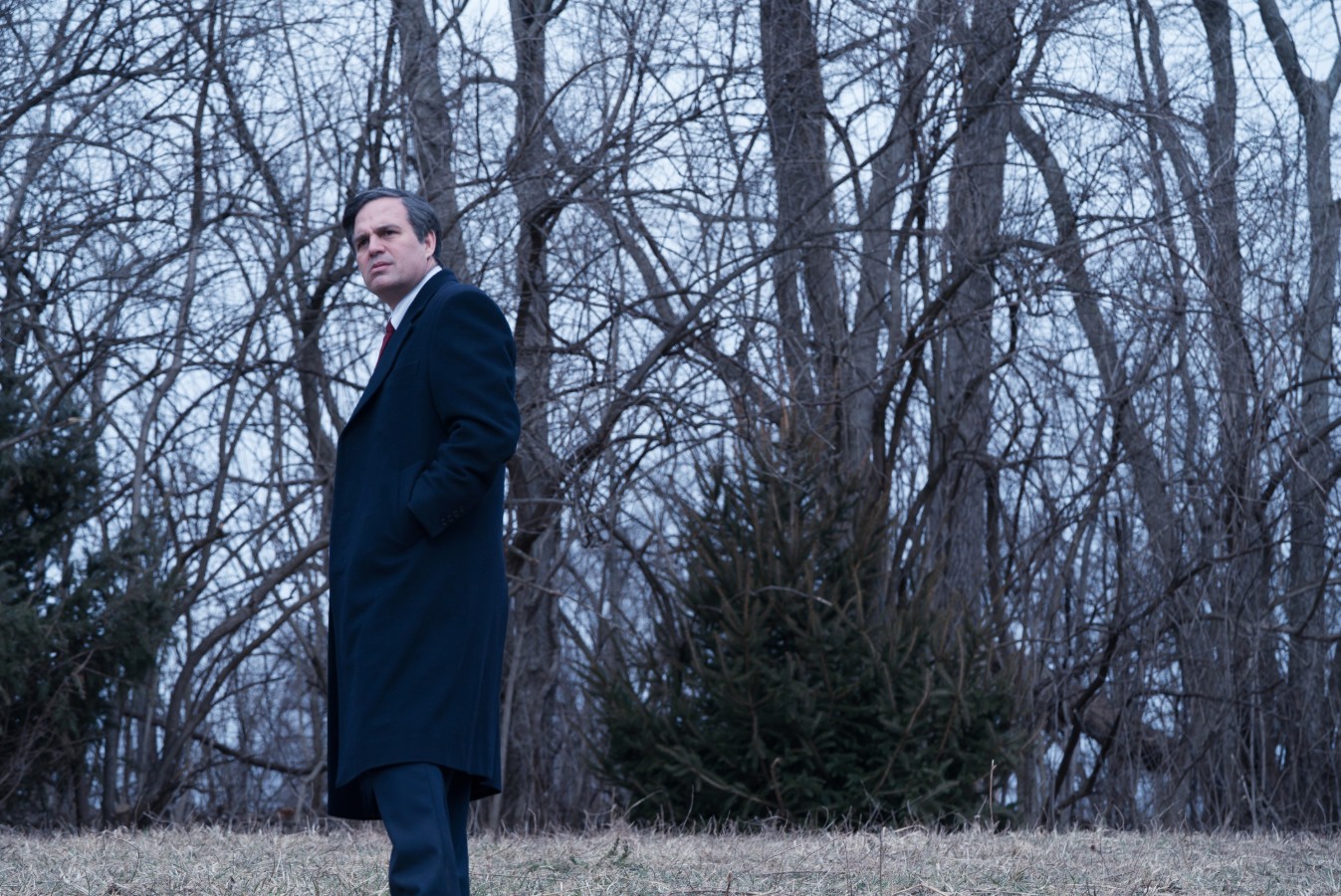
As muckrakers go, Mark Ruffalo’s Rob Bilott joins Erin Brockovich and Michael Clayton’s Arthur Edens as a worthy addition to the pantheon of cinematic whistleblowers exposing the environmental havoc wreaked by powerful chemical companies’ cruel malfeasance. Ruffalo is gripping as a lone crusader working against a rigged system beholden to DuPont’s corporate corruption, elucidating the painstaking tedium and spiritual toll such work takes with grim perseverance that often borders on righteous fury and despair, justified paranoia and soul-crushing futility. His Bilott is a decent man who wears the draining cost of this decades-long fight on his weary face and purposeful body language—an unsung hero weathering insurmountable odds in his dogged pursuit of the truth, whose noble struggle to serve justice for the exploited everyman couldn’t be more prescient. – Demitra K.
24. Renée Zellweger (Judy)

On a technical level, Zellweger’s interpretation of a later-in-life Judy Garland is not nearly as accomplished as some of the great, often-referenced “biopic” performances in memory–Charlize Theron in Monster, Marion Cotillard in La vie en rose, or the more recent achievement of Michelle Williams in Fosse/Verdon. But what Zellweger lacks in some of Garland’s trademark stage persona, she makes up for in a genuine respect and fascination for the icon which shines throughout the film. Consider the best scene in the film, when a fragile Garland spends the evening singing and dining with a gay couple who attend her concerts. It’s a beautiful melding of the legacy of one celebrated actress with another, the special relationship between such actressess and their gay fanbases, and Zellweger brings it to life with such a deep sense of honor and compassion. – Stephen H.
23. Matthew McConaughey (The Beach Bum)
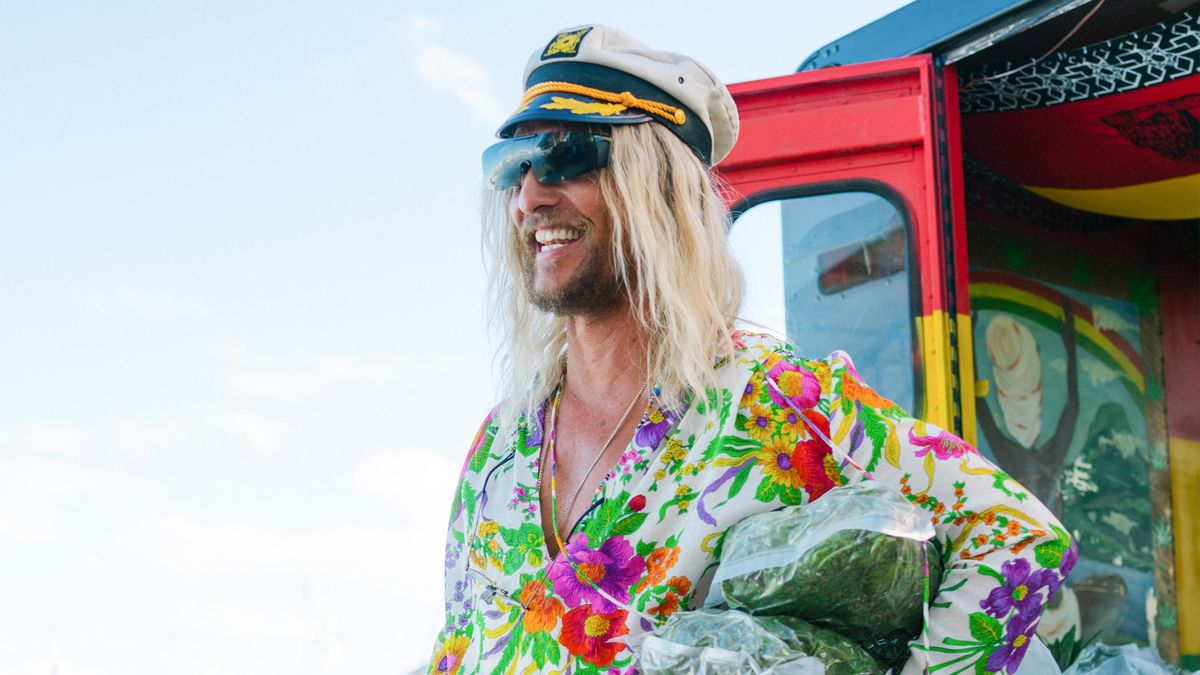
As Herculean a comedic performance as any this year, Matthew McConaughey’s untamed turn as South Florida’s most prolific poet represents a conscious step away from what we’ve come to expect from the actor as of late. Perhaps this is just the inevitable evolution of his established film persona, removed from the safety of romantic comedies or prestigious awards-bait. His already iconic portrayal as the perpetually stoned, maniacally laughing Moondog in Harmony Korine’s The Beach Bum spits beer in the face of every boringly tasteful role in his more recent repertoire from White Boy Rick to Free State of Jones. He made friends with the demons of bad taste by embracing an unapologetically obnoxious and self-destructive figure with an infallible sense of freedom. The results are thrilling to witness, a fully-realized character who feels at home in a warped cartoon world complete with cocaine-addicted parrots. – Tony H.
22. Marin Ireland (Light from Light)

As the lead of Paul Harrill’s enlightening, emotionally rich ghost story Light from Light, Marin Ireland is marvelous as we’re not given all the details in her character’s life, gleaning more about her from the way she gazes at Jim Gaffigan’s character in his despair or amusingly reacts to her son’s prodding of her past. The performance is reminiscent of the physicality in another ghost story–Kristen Stewart in Personal Shopper, which has even less restraint in showing the supernatural, if you can believe it– and there’s a certain compelling iciness to Ireland’s demeanor as if she’s afraid of laying her heart out for fear it may get trampled again. – Jordan R.
21. Tim Heidecker (Mister America)
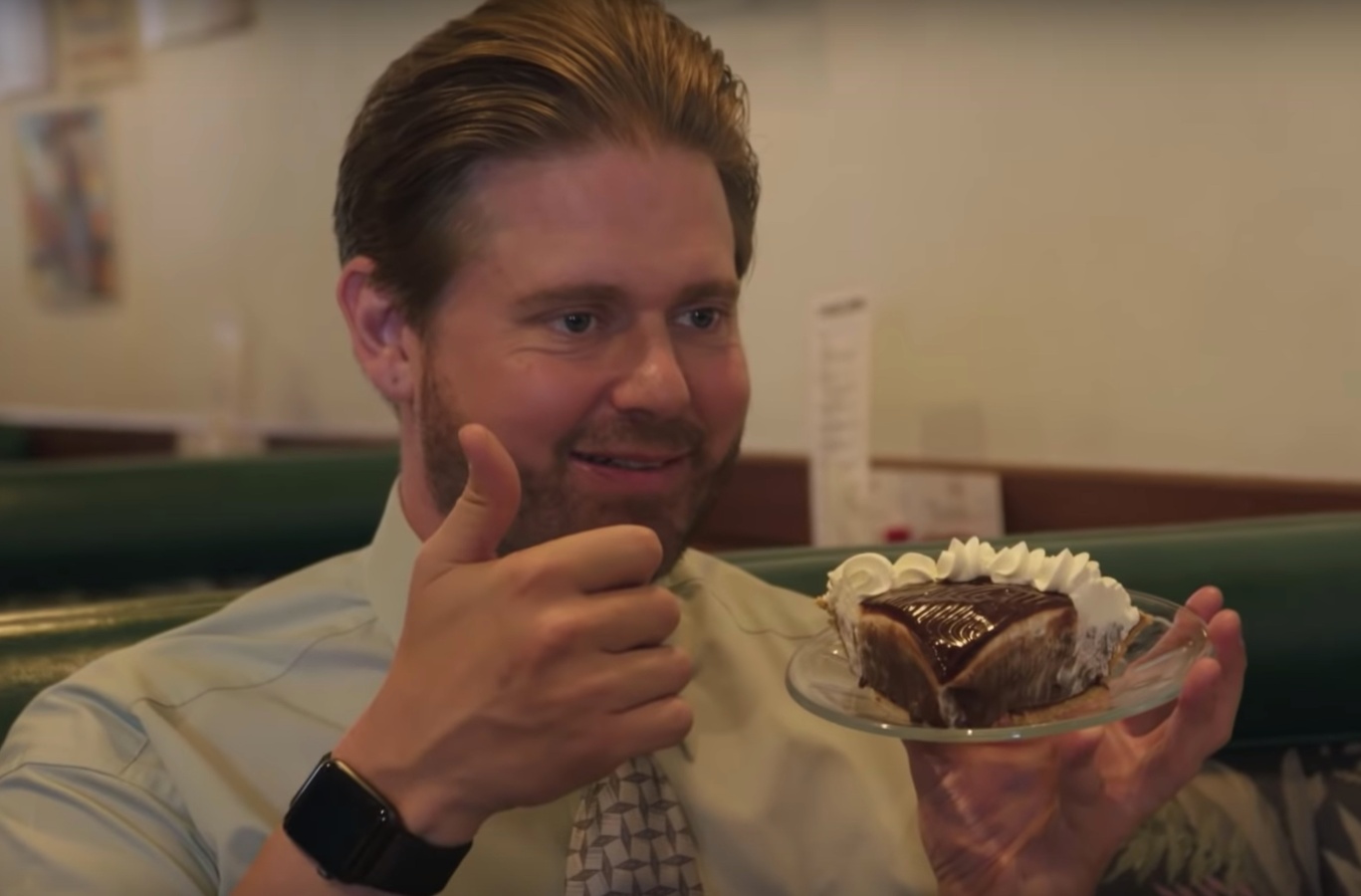
Finally given the chance to bring his belligerent doofus performance to the big screen, Tim Heidecker gets to play a distorted version of himself in Mister America, the culmination of a performance he’s been fine tuning for almost a decade in his cult online series On Cinema at the Cinema. Heidecker swaggers around, running his own campaign for DA, dripping in delusional hubris, perpetually unaware of his own incompetence. This egomaniac persona, a popular modern target for political satire, is perfected by Heidecker, mastering a combination of pitiful loser and dangerous sociopath. – Murphy K.
20. August Diehl (A Hidden Life)
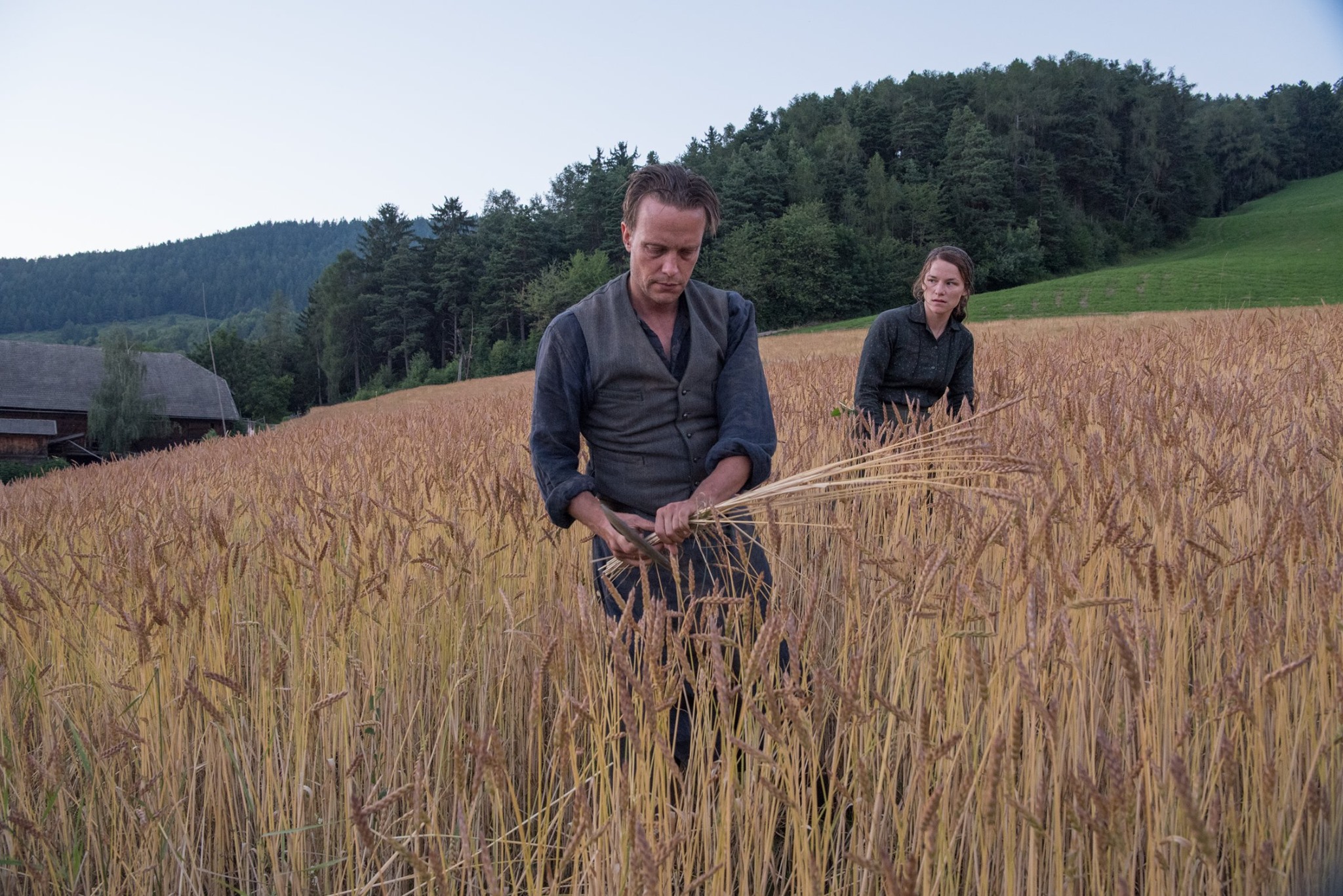
Considering his masterful directorial vision–and one that’s greatly evolved this past decade–the performances in the films of Terrence Malick can often get overlooked as if they are simply an extension of the overall process. This notion discounts the spontaneity, energy, and immense emotion required from an actor, and certainly when it comes to the towering lead turn in his newest film. After breaking out in Inglourious Basterds’ best scene, August Diehl finally gets a worthy leading role, in another World War II-set feature, but one with a vastly different perspective and style of Tarantino’s film. In A Hidden Life Diehl plays Franz Jägerstätter with the presence of a superb silent movie star, carrying a weight of torment and anguish as his noble decision leads to an emotionally overwhelming finale. – Jordan R.
19. Aisling Franciosi (The Nightingale)

Aisling Franciosi’s Clare faces a litany of unspeakable atrocities in the opening minutes of Jennifer Kent’s punishing 19th century excoriation, The Nightingale, but none is worse in her eyes than being compared to her reluctant Aboriginal companion, Billy (Baykali Ganambarr, who could have also made this list). That precarious balance of ingrained bigotry and murderous rage lays on the shoulders of Franciosi’s performance as she needs to realize this journey of retribution and enlightenment without ever rendering Clare’s dramatic arc as false sentiment or writerly contrivance. Kent’s touch is intentionally heavy, but Franciosi never bears the psychological weight as a cross to bear. Rather, it’s a performance of exploration and resistance, of inching back against a world that only has a vested interest in the existence of the falsely chosen. – Michael S.
18. The March Family (Little Women)
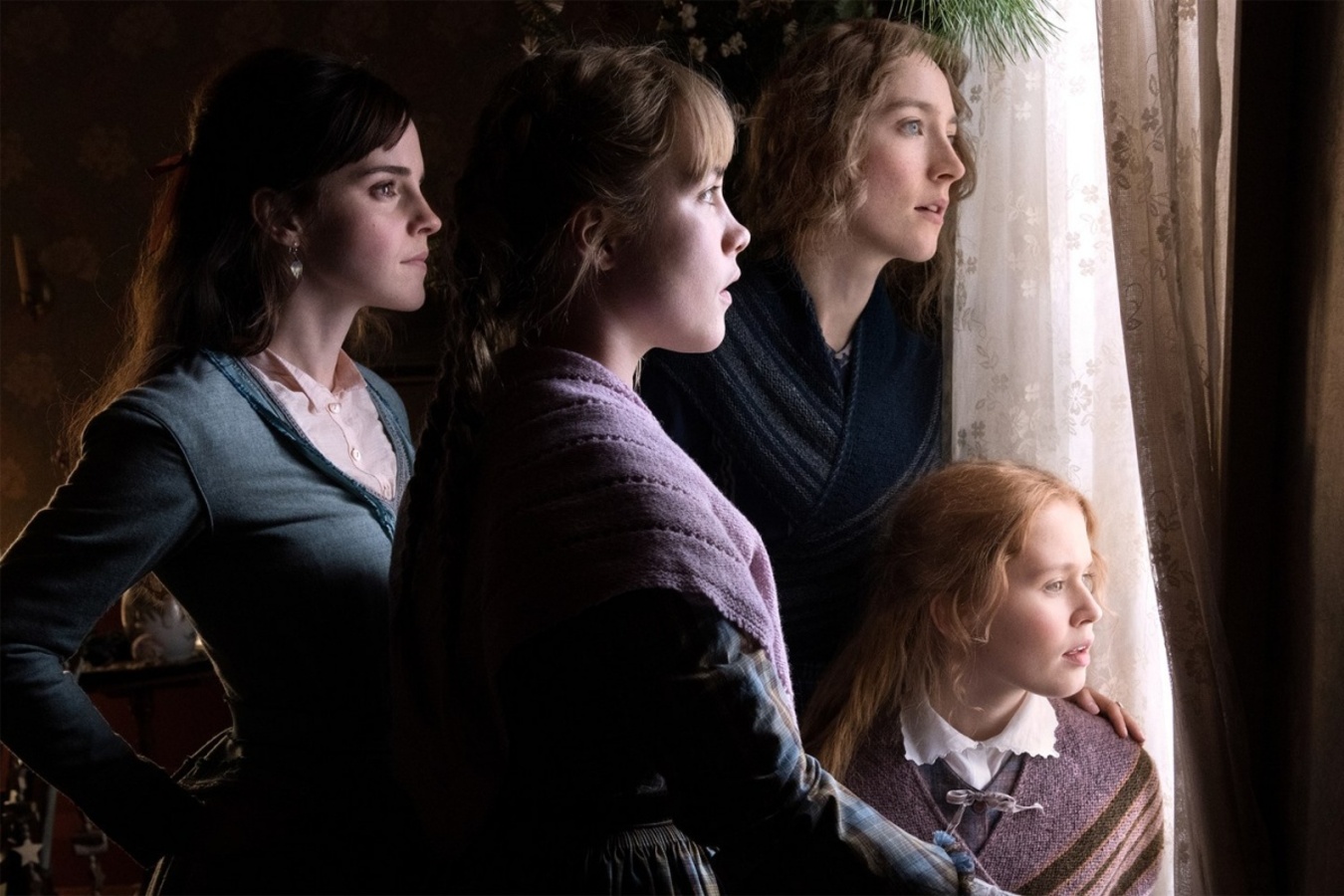
As in Lady Bird, Greta Gerwig brings a sense of vitality and rhythm to every little detail of Little Women and it’s her ensemble that breathes life into every corner of their home. The pitter-patter of dialogue as the sisters run through their house feels like as much of an orchestrated dance as does the exuberantly joyful frolicking in which Jo and Laurie partake outside a party. In both her writing and directing work, Gerwig’s vision in one of exuberant movement and every gesture is felt in her radical adaptation. – Jordan R.
17. Antonio Banderas (Pain and Glory)
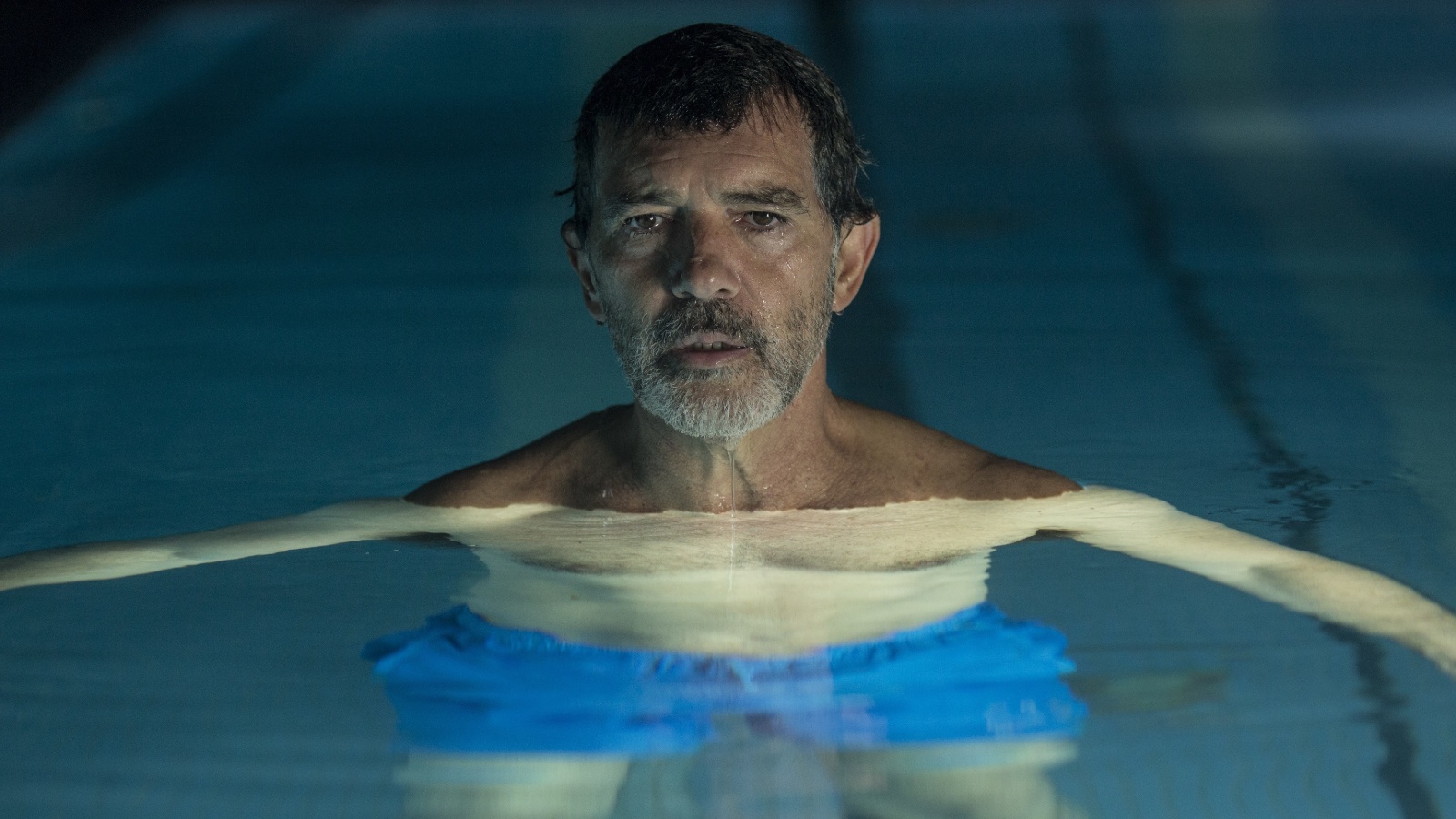
Sometimes auteurs choose close collaborators to become their screen avatars. Truffaut had Leaud, Fellini had Mastroianni, and when Allen wasn’t repping himself, he’d pass duties to Keaton and more recently Johansson. Pedro Almodóvar has Antonio Banderas. In Pain and Glory, the Malagueño actor plays a version of the legendary filmmaker that brims with intimate detail and compassion. As a filmmaker dealing with mortality–his and his loved ones–Banderas paints a portrait of someone for whom creation is like oxygen. Watch from afar and you’ll be impressed by the way he aced Almodóvar’s signature mannerisms (he does touch his face a lot), but be warned if you watch closely, your heart might not be able to take the intensity of this love letter. – Jose S.
16. Noémie Merlant and Adèle Haenel (Portrait of a Lady on Fire)
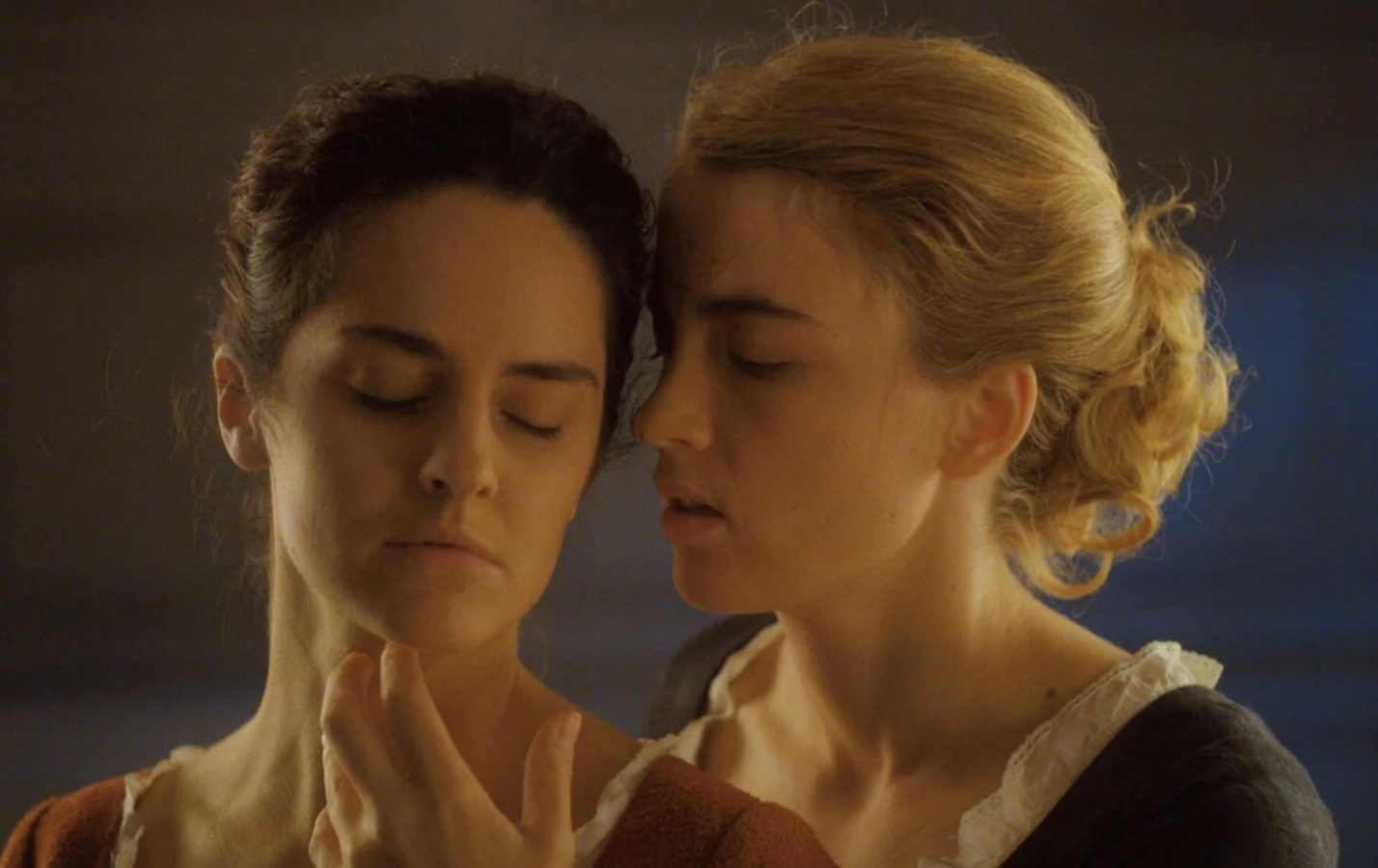
Stories about the dynamic of the artist and their muse have existed on film since the medium was invented. The thrill of finding eroticism and kinship through the act of creating is after all what most artists desire. But very few times has the story been told with equal parts brain and heart. Watching Merlant as Marianne, the artist trying to capture the essence of Haenel’s Heloise, in the title painting is like watching two forces so opposite, yet so attracted to each other, that the screen always feels like it’s about to burst into flames. Haenel’s expressive eyes and her sly smile are of course impossible to capture in painting, even celluloid seems to be defied by her elusiveness, but Merlant grounds the dialogue with an earthy performance that feels almost like a lighting rod meant for Haenel’s flashes. Cinema romance has rarely felt this electric. – Jose S.
15. Alfre Woodard (Clemency)
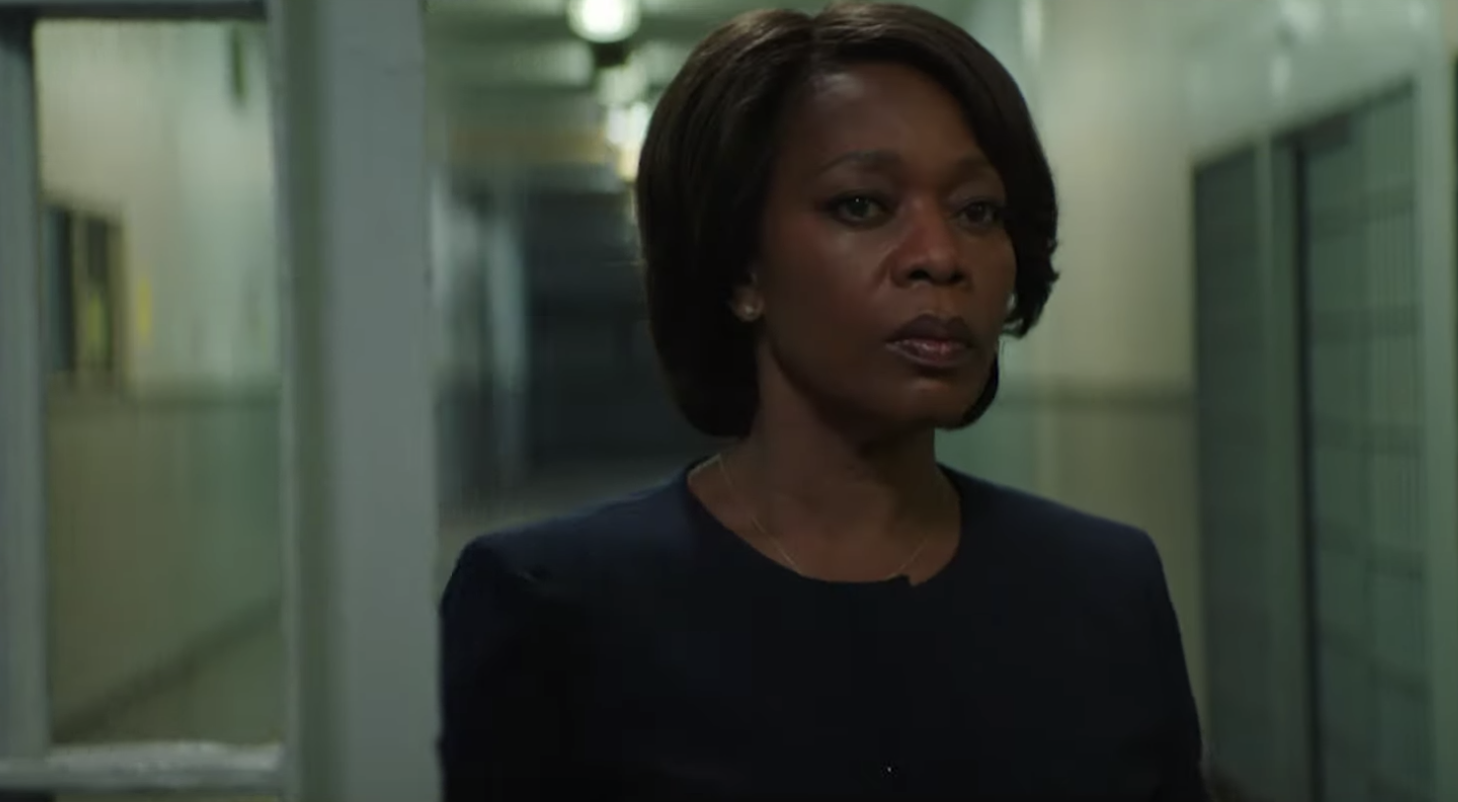
Clemency is a thoroughly draining experience as if we’re placed in purgatory with no means of escape, but it’s ultimately powerful in the ways it shows how the death penalty has consequences for everyone involved. The performance that carries it all is Alfre Woodard, who is riveting as the Bernadine Williams, a woman who is stuck between the demands of her grueling job and a disintegrating marriage, and can’t give her all to both. What’s to come is inevitable and Chinonye Chukwu builds to the climax with patient and restraint, ultimately giving Woodard the kind of single reaction shot that most actors can only dream of receiving in their careers.
14. Laura Paredes, Pilar Gamboa, Elisa Carricajo, and Valeria Correa (La Flor)
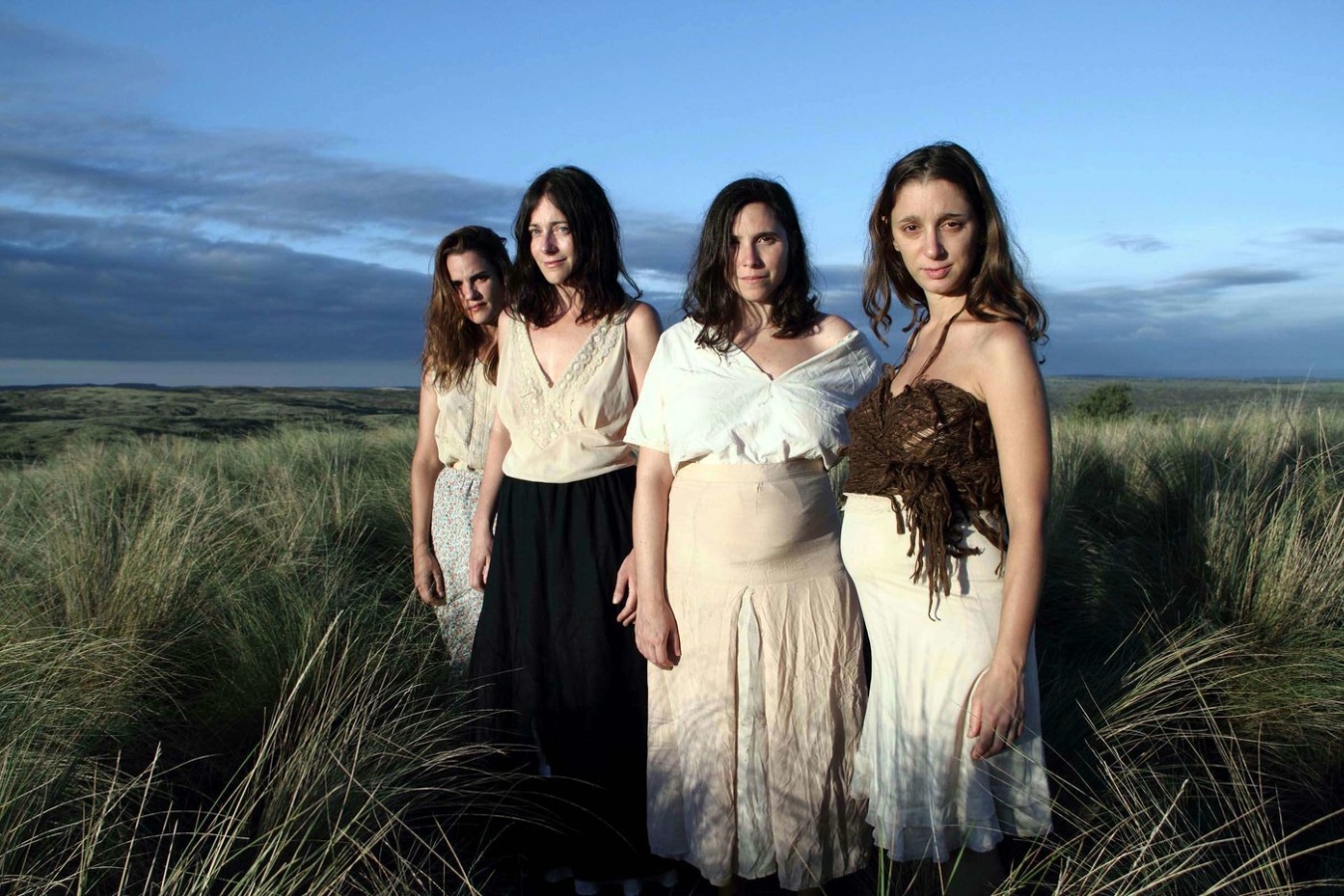
Quite simply, the 14-hour La Flor wouldn’t exist without the remarkable quartet of women at its center. Mariano Llinás conceived of the sprawling, labyrinthine project as a cinematic showcase for the four members of the Piel de Lava theater troupe, and they all take to it with stunning commitment. Shifting starkly between roles and types in different parts of the film while still retaining their recognizable essences, each feels endlessly vivacious and beguiling, bolstering each other’s strengths and functioning as a vital channeling focus to the film at large. – Ryan S.
13. Paul Walter Hauser (Richard Jewell)

There’s a moment about halfway through Clint Eastwood’s Richard Jewell where Sam Rockwell’s pugnacious lawyer prompts Paul Walter Hauser’s Jewell, asking whether he’s angry about his situation. It’s a prime setup for a monologue, but Hauser pauses for a moment before coiling and jumping upward with a harrumphing sigh and a short two-sentence tirade. It’s a politely primal moment, the breaking point of a man who’s been underestimated his whole life, but still doesn’t quite know how to take control. It’s also a movie star moment; a quiet revelation. – Michael S.
12. Florence Pugh (Midsommar)

Quickly after its release, Ari Aster’s daylight horror Midsommar was heralded as a breakup movie for the ages; a keen observation of a dreadfully potent genre concoction. Florence Pugh’s Dani is imbued with an embarrassingly painful relatability. If we don’t know her, we are her. We’ve shrugged like her, we’ve sobbed like her, and we’ve traded petty barbs like her. Navigating a quagmire of grief, manipulation and betrayal, Pugh sinks her very core into every facial contortion and guttural bellow. With her performance as his bedrock, Aster lulls you along to a truly whacked out, floral fever dream, empowering Pugh as the crux of that dream’s wailing, fiery catharsis. – Conor O.
11. Adam Sandler (Uncut Gems)

In Uncut Gems, Adam Sandler plays jeweler Howard Ratner–a composite of prominent Jewish men like Rodney Dangerfield and Al Goldstein–as a sensitive guy trapped between a gambling addiction that gives his life meaning and a dormant marriage to Dinah (Idina Menzel). With a rough charm hiding under the surface, Sandler makes you believe his schemes to get out of schemes could actually work–until they don’t. His is a Jerry Lewis in The King of Comedy-level performance, as both actors thrive in movies outside their milieu. – Josh E.
10. Lupita Nyong’o (Us)

It’s no surprise Jordan Peele wrote Us with Lupita Nyong’o specifically in mind. Playing opposite sides of the same traumatized coin, Nyong’o superbly balances the soft-spoken anxiety and fierce determination of Adelaide with the feral resentment of her ghastly and grotesque subterranean doppelgänger Red; a vengeance-minded, Centipede-like menace with nimble physicality and a guttural tracheal croak. Speaking with the strained elocution of someone with a crushed windpipe, Nyong’o casts a spell that’s made all the more unnerving by Red’s voice. Her cat-and-mouse game with Adelaide eventually culminates in a final ballet-by-way-of-swordfight showdown that visualizes the actor’s controlled yet crackling range, while also serving as a potent, Freudian metaphor for our own suppressed demons—shadow selves that lurk beneath our layered psyches – Demitra K.
9. Honor Swinton Byrne (The Souvenir)

Honor Swinton Byrne’s Julie saunters through Joanna Hogg’s devastating The Souvenir balancing her character’s naiveté, her wide-eyed curiosity, and her steadfast commitment to be there for a man she’s fallen for, and whom she cannot rescue. I credit and I’m grateful for the punch-to-the-gut feeling The Souvenir left me to her astounding performance, to her preternatural ability to make vivid the unseen bruises that come from a love story as shattering as hers, but turn even the most painful memories into something beautiful. Hogg has been working on a sequel to The Souvenir, again with Swinton Byrne as lead, to be released in 2020. As far as I’m concerned, this is one of the most anticipated titles of the new year. – Leonardo G.
8. Brad Pitt (Once Upon a Time… in Hollywood and Ad Astra)
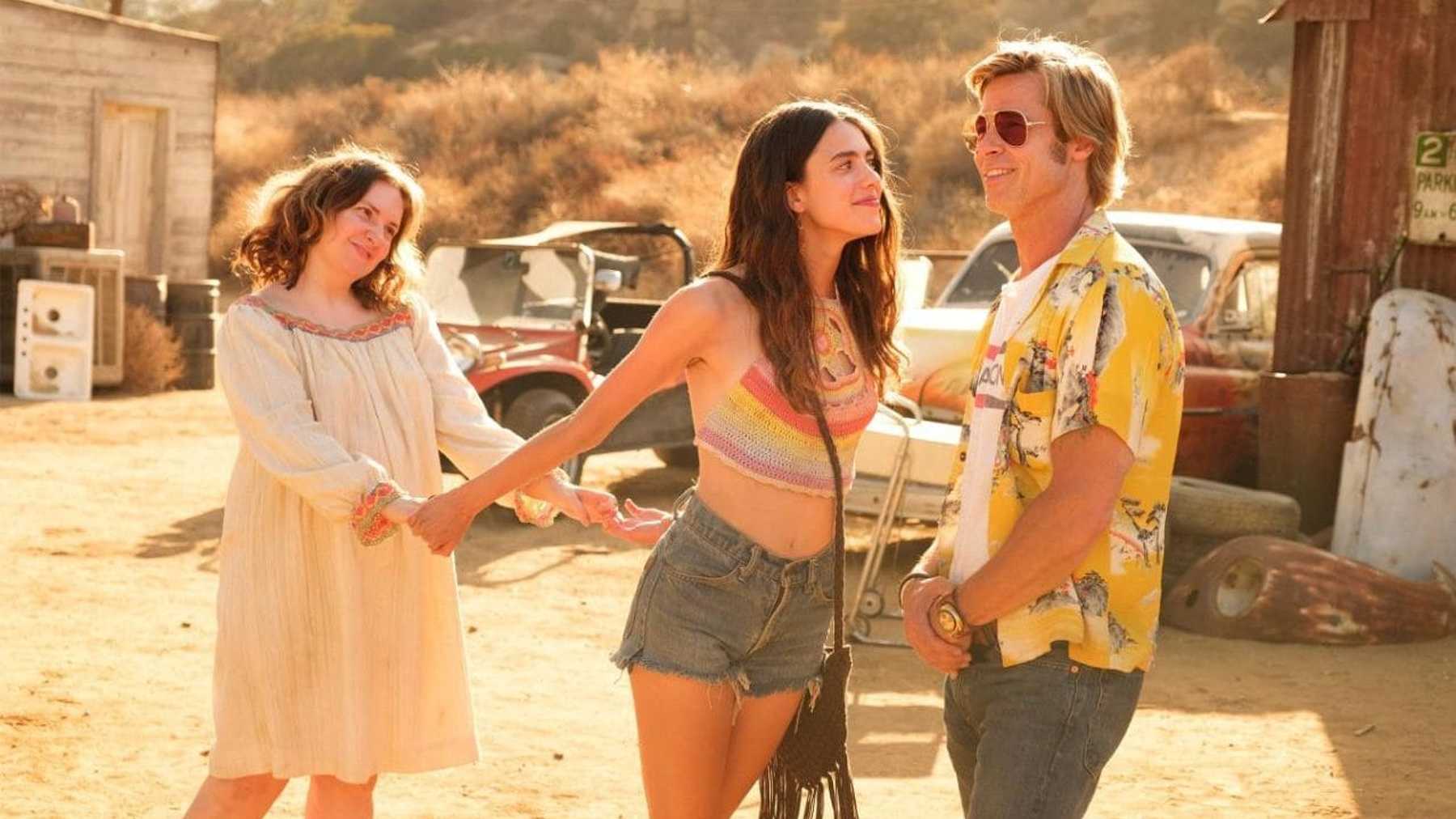
Few actors are given the chance to play as many roles as Brad Pitt has, let alone two roles in the same year that are so deceptively simple yet bizarrely similar. In both Once Upon a Time… in Hollywood and Ad Astra, his characters embody a quiet confidence, something he has been perfecting over his career. He never uses this as a crutch, but rather an opportunity to flex his acting muscles (and physical muscles) to do something new every time. Cliff Booth, a stuntman seemingly impervious to anything harmful, physical or emotional, is played with a brand of cool that seems exclusive to late 70s Hollywood. As Roy McBride, his confidence takes the form of stoicism, dutifully reporting his psychological readiness prior to his odyssey in careful monologues, but there is always something brewing behind his eyes until the seismic emotional climax where even the most major moments only provoke subtle reveals. – Murphy K.
7. Mary Kay Place (Diane)

There is such a special thrill in getting to see one of those great character actors we sometimes take for granted get a vehicle that makes that serves as a reminder of why they have been around for so long and also manages to feel like a complete revelation. Such is the case of Mary Kay Place in Diane, Kent Jones’ film about a Massachusetts woman dealing with an ever-growing list of challenges and tragedies. Place does not sentimentalize Diane’s pain nor does she give into any temptation into making her a “lovable” or “charming” older-lady type. She plays her so matter-of-factly and with such uncompromising hostility that it makes Jones’s incredibly bleak ending pack even more of an emotional punch. The film makes one realize it is the Dianes in our own lives that we often put-upon or just flat out ignore, and Kay’s performance will never let you look at them the same way again. – Stephen H.
6. The Cast of Parasite

There is not a bad performance in Bong Joon-ho’s Parasite. It’s as simple as that. Whether it’s South Korean veteran performer Song Kang-ho as the tired working-class father who’s out of options, Park So-dam as his cunning daughter, Lee Jung-eun as the dedicated housekeeper of a rich family or anyone else in between, each tonal change is hit with a nuance that’s easy to take for granted. Bong and his team have a clear knack for casting, as well as what to do with the right actors when they’re on set. Many single performances are getting highlighted as this year in movies comes to an end, on the majority of this list no less. Here’s one film that requires everybody to be great. What a gift that they all are. – Dan M.
5. Joe Pesci (The Irishman)

At just 5 feet 4 inches, Joe Pesci’s Russell Bufalino looms as a towering figure of captivating stillness throughout The Irishman, commanding every scene with a muted confidence that’s both astucious and quietly threatening. In a 180-degree departure from the trigger-happy, unhinged recklessness of his most famous career-defining roles, Pesci plays Bufalino with a calculated shrewdness, measured remove and discerning sagaciousness—a bulbous nosed boss with a fixed and unsettling stare, whose watchful eye, purposeful street-smarts and perceptive yet penetrating gaze are matched only by the deliberate patience with which he speaks. Pesci renders Bufalino’s tragic devolution from subdued yet pitiless mobster and mentor, to enfeebled and infirm inmate as nothing short of utterly heartbreaking and pathetic to witness. Yet even here, with the now infantilized, edentulous, and wrinkled Bufalino gingerly sucking grape juice from a stale loaf of prison bread, Pesci remains the enigmatic life force that draws all the other characters to his orbit—and it’s a testament to the actor’s emotional and physical commitment to these transformations that despite the debilitations that come with old age, Russell continues to cast a tall shadow over the story, long after he’s wheeled from his final croquet match. What a blessing it is that Scorsese and De Niro coaxed Pesci out of retirement, because this is the most existentially wistful performance in recent memory. – Demi K.
4. Tom Mercier (Synonyms)

In Synonyms, director Nadav Lapid asks: are rebirth and reinvention truly as necessary for immigrants as society has suggested they are? Mercier plays Yoav, a young man who escaped Israel to reinvent himself as a “Frenchman” in Paris. Leaving behind the army, his oppressive father, and a culture he doesn’t fully understand, he finds himself being challenged by the myriad cultural influences he discovers in the French capital. Mercier’s eyes capture the wonder, frustration and surprise of someone who’s seeing the world not for what it is but for what it could be. He uses his muscular frame with the grace of Gene Kelly to play a bull who knows he’ll have to pay for anything he breaks in the china shop. – Jose S.
3. Elisabeth Moss (Her Smell)
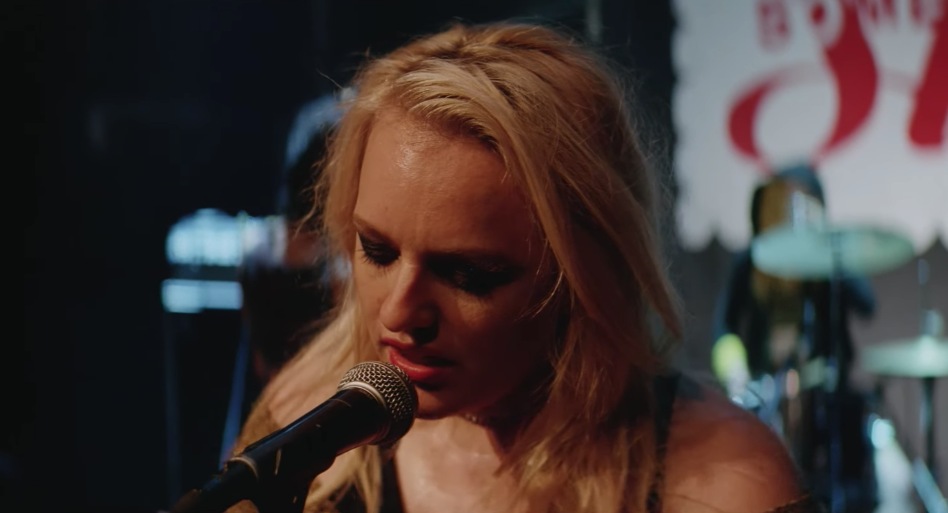
There aren’t really enough superlatives to describe what Elisabeth Moss achieves in Her Smell, her third collaboration with Alex Ross Perry. She delivers what is arguably the performance of the year as Becky Something, the lead singer in the girl-grunge band Something She, who we first meet on a downward spiral and who only continues to plummet over the course of the film’s five acts. Moss gets to run the gamut of human emotions in one movie than most actors get to do over their entire career. She lends Shakespearean-heft to Becky’s drug-fueled diatribes in the film’s first three acts, but it’s in the movies quieter sections, particularly during a wrenching cover of Bryan Adam’s “Heaven” that Moss propels the film to staggering new heights. In a just world, she would be sweeping all of the best actress laurels this awards season, but we will simply have to do with getting to witness this searing, once-in-a-lifetime performance from one of our very best actors. – Stephen H.
2. Franz Rogowski (Transit)

While acting is so often lauded for its verbal effusiveness, there’s something to be said for the power of the visage. There was no more purely cinematic face this year than Franz Rogowski’s in Transit, which in its sublimely taciturn and watchful countenance embodies all of the tragedy, dread, and beauty that defines the film. As Georg, his gestures, slight movements, and above all his stillness speak far more than his quiet voice, an utterly lovely and tender presence in the middle of total turmoil. – Ryan S.
1. Zhao Tao (Ash Is Purest White)
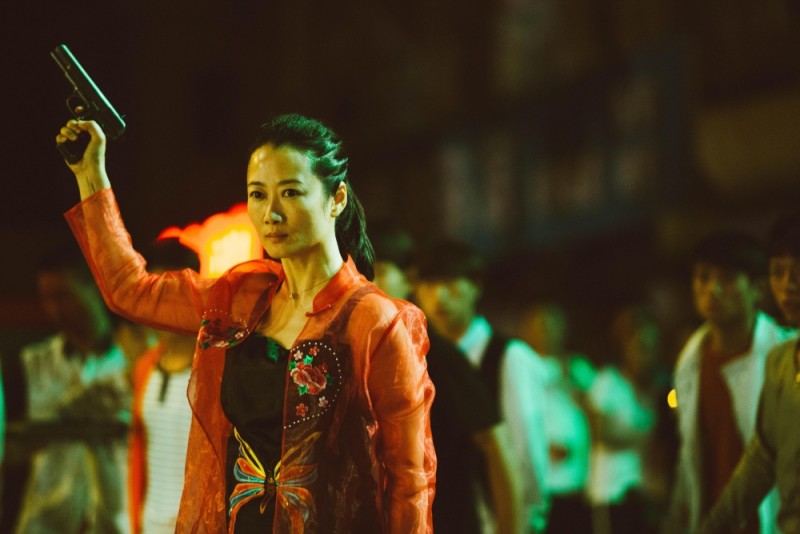
Jia Zhangke and Zhao Tao’s collaboration, which has yielded significant parts in every one of his fiction features since his breakout Platform in 2000, is one of the great modern director-actress partnerships, and their latest effort in Ash Is Purest White contains perhaps her most dynamic, towering performance at its center. Qiao is the most empowered character in Jia’s oeuvre, and Zhao makes the most of it, alternately expressing both imperiousness and uncertainty from the same core of gold. She serves as an anchor as the years pass in the film, unfailingly gratifying and firm. – Ryan S.
Honorable Mentions
Ana de Armas (Knives Out)
Awkwafina and Shuzhen Zhou (The Farewell)
Robert De Niro, Al Pacino, and Anna Paquin (The Irishman)
Agyness Deyn (Her Smell)
Juli Jakab (Sunset)
Noah Jupe (Honey Boy)
Rory Kinnear (Peterloo)
Jennifer Lopez (Hustlers)
Jonathan Majors (The Last Black Man in San Francisco)
James McAvoy, Bruce Willis, Samuel L. Jackson, and Anya Taylor-Joy (Glass)
Sienna Miller (American Woman)
Charles Melton & Yara Shahidi (The Sun is Also a Star)
Idina Menzela and Julia Fox (Uncut Gems)
Eddie Murphy and Wesley Snipes (Dolemite Is My Name)
Robert Pattinson and Willem Dafoe (The Lighthouse (and Pasolini))
Théodore Pellerin (Genesis)
Michael “Clip” Payne (The Plagiarists)
Taylor Russell (Waves)
Rosa Salazar (Alita: Battle Angel)
Leonardo Sbaraglia (Pain & Glory)
Kayla Scoledario (Crawl)
Sharon Stone (Rolling Thunder Revue: A Bob Dylan Story by Martin Scorsese)
Will Smith (Gemini Man)
Vince Vaughn (Dragged Across Concrete)
